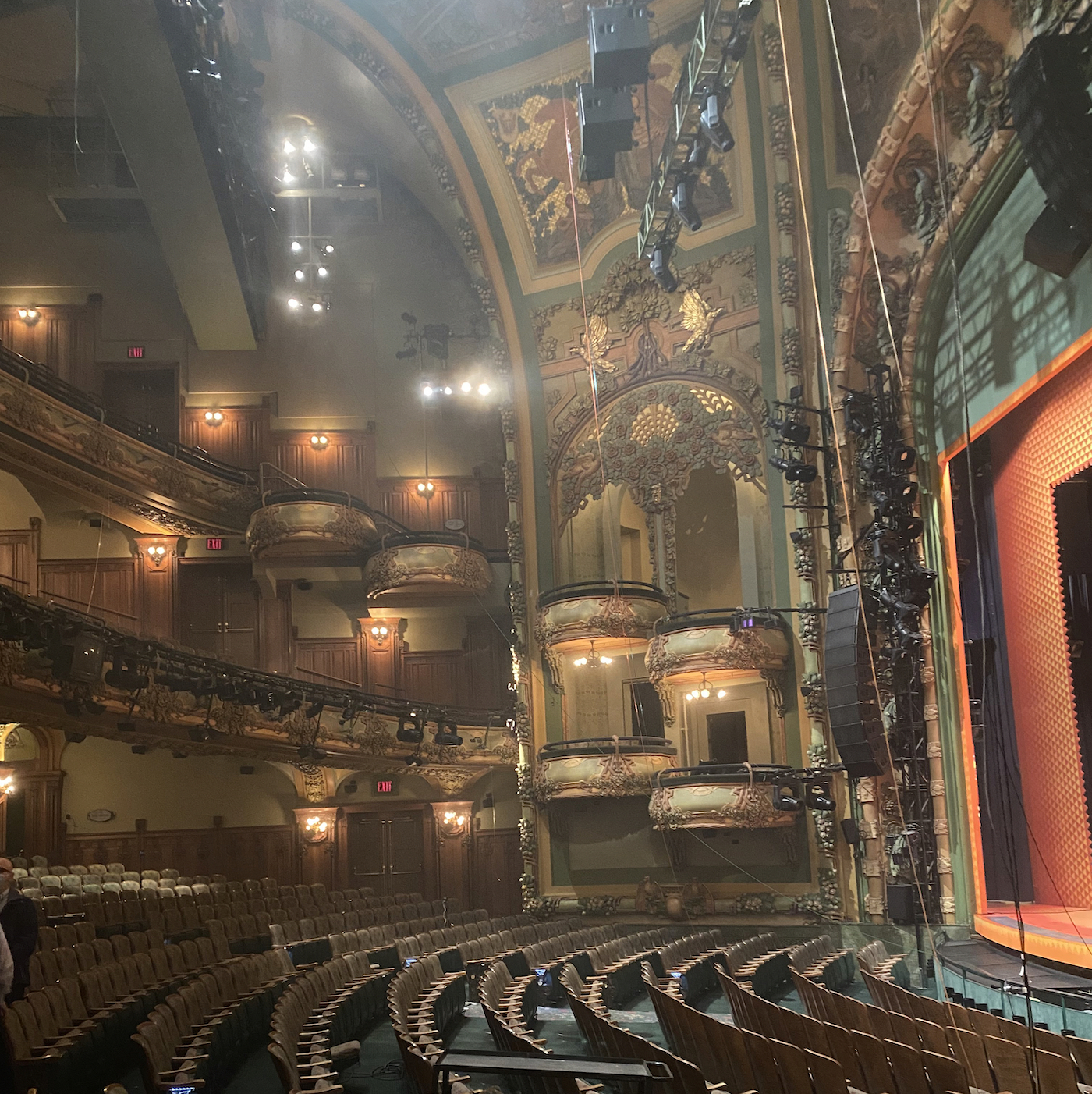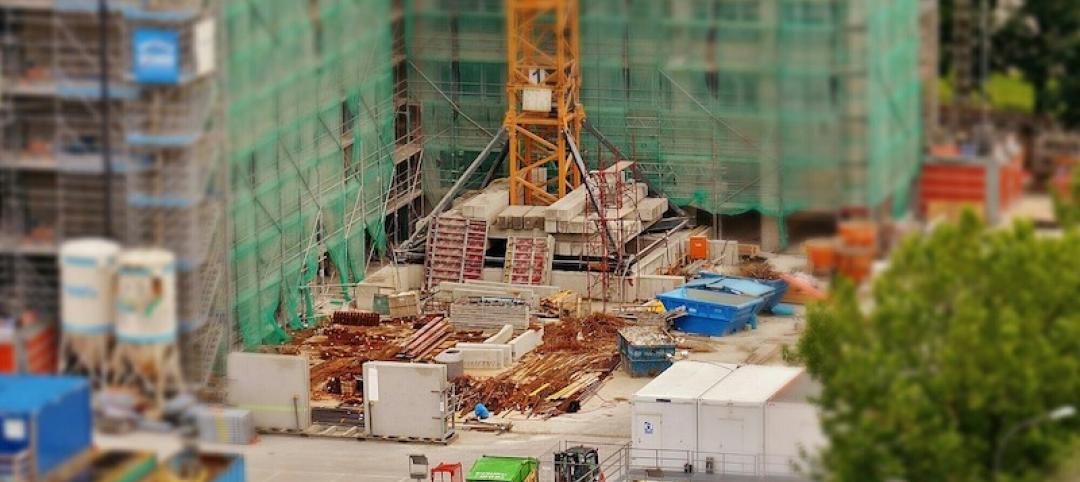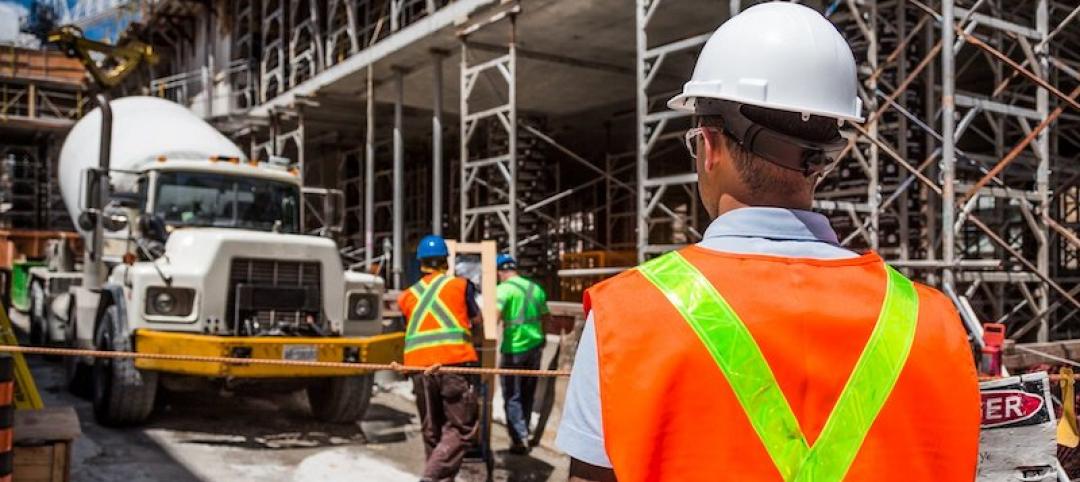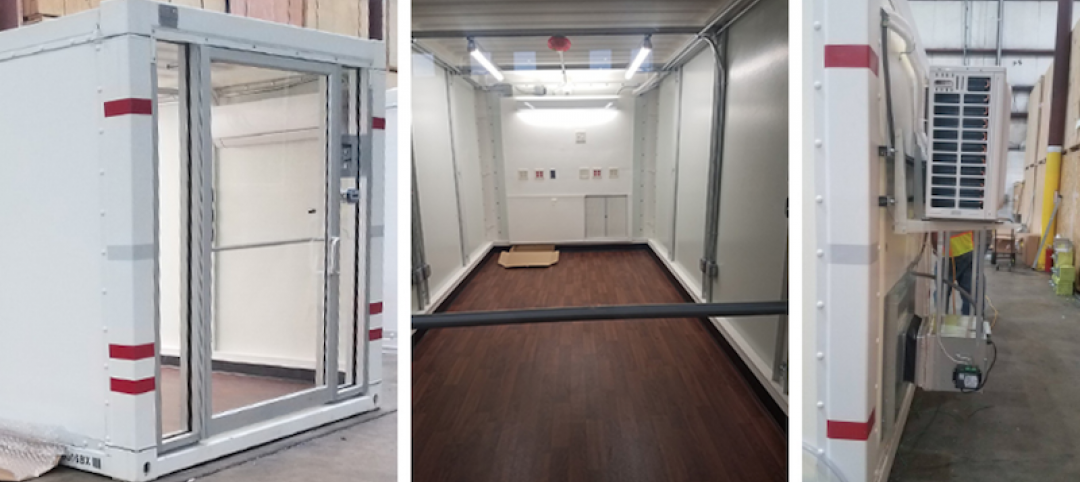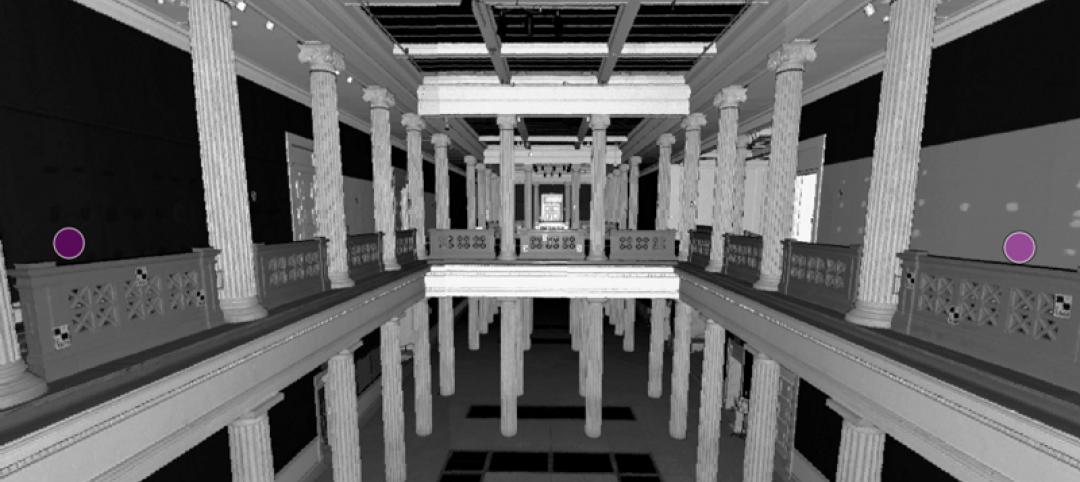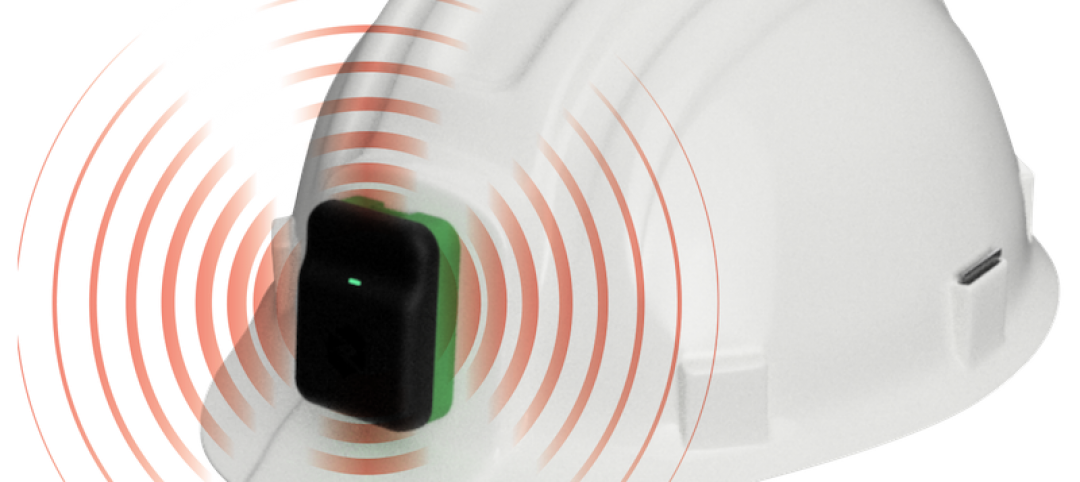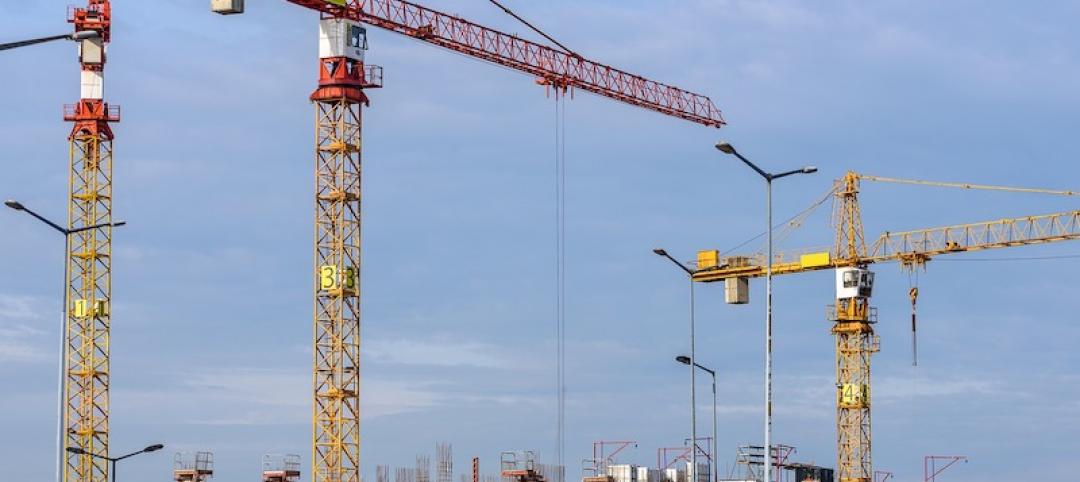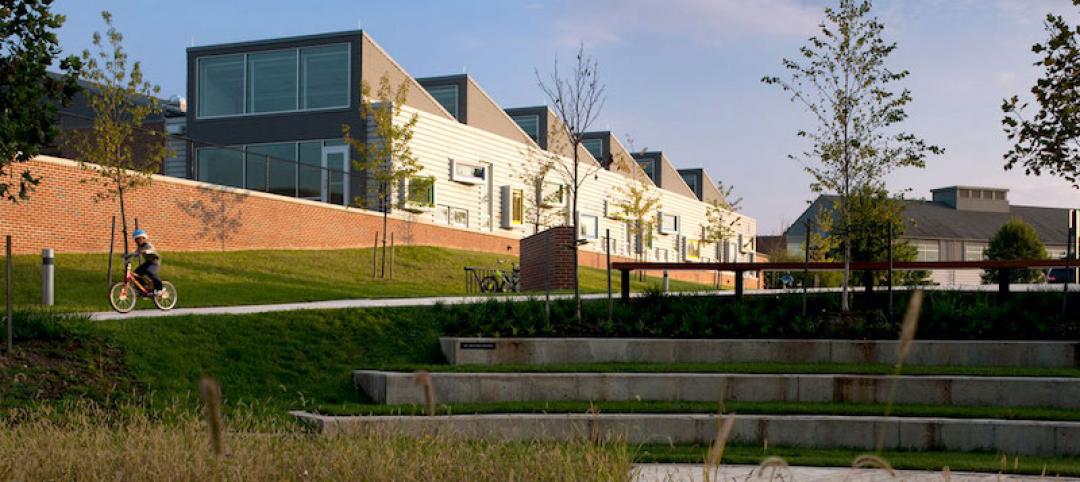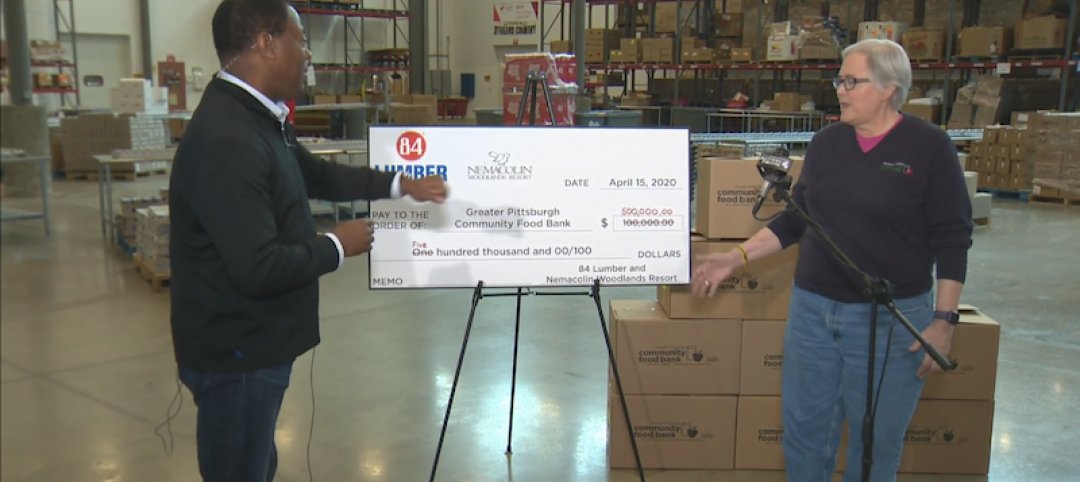As more is known about COVID-19, preventive measures continue to emerge and compete.
The engineering firm NV5, which provides third-party verification on WELL v2 projects for the Green Business Certification Institute, has been recommending to its clients Safe Traces, a solution that uses DNA-based sprays and sensors to verify engineering and HVAC controls for airborne contaminants. Its veriDART control verification uses “aerosol mobility indicators” to identify hotspots, assess ventilation and filtration, and inform remediations.
On January 15, the U.S. Environmental Protection Agency (EPA) announced approval of an emergency exemption request for the use of Grignard Pure, which claims to be the first-ever antimicrobial air treatment solution. Georgia and Tennessee were the first states granted exemptions to use Grignard Pure in certain indoor spaces. Another 17 states have expressed interest, according to Etienne Grignard, co-founder and CEO of Grignard Company in Rahway, N.J., whom BD+C interviewed in February.
“There’s no limit to where we can use it. The issue is just scaling the equipment to the system to which it is being deployed,” declares Mitchel Simpler, PE, FACEP, a Partner with Jaros, Baum & Bolles (JB&B), one of four engineering firms—the others being STV, ME Engineers, and Cosentini Associates—that comprise Grignard Pure’s engineering steering committee.
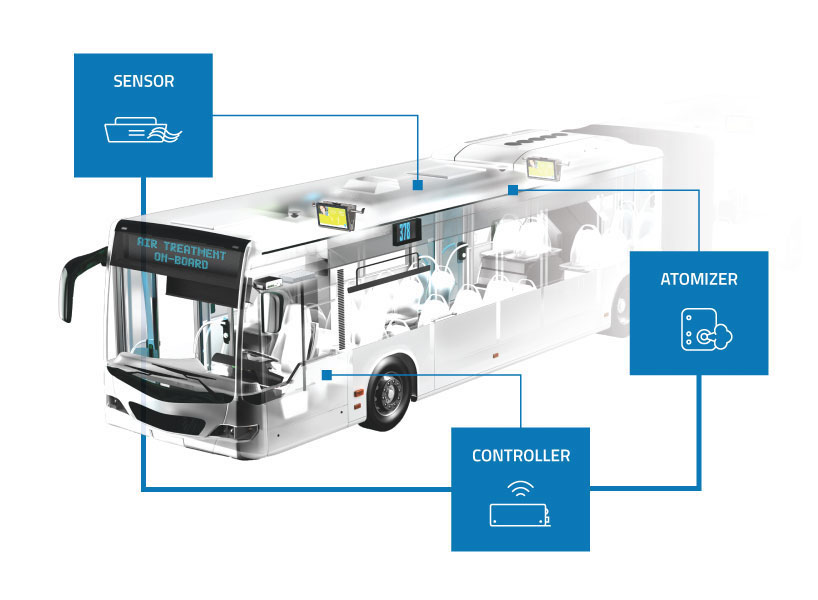
Grignard Pure has worked with Luminator Technology to devise an air treatment system for mass transit, which has already been tested on trains moving through several states. Courtesy of Grignard Pure
Simpler introduced Grignard to Dr. William Esposito, Founder of the Ambient Group and a leading industrial hygienist, who was an early proponent about the airborne transmission of COVID-19. “He convinced me that Grignard Pure is for real,” says Simpler. Esposito is part of Grignard Pure’s senior advisory leadership, along with William Jordan, the former deputy director of EPA’s pesticide programs.
Grignard Pure’s arrival
To say that Grignard Pure’s arrival was theatrical is no exaggeration.
Back in 2000, lighting equipment manufacturers requested a health and safety assessment of a product Grignard made that they were using to create haze and fog during concerts and plays. Grignard determined that four of the product’s ingredients, including triethylene glycol (TEG), were safe to breathe.
Fast forward 15 years: Grignard’s chemists discovered that TEG—a colorless, viscous liquid that is the active ingredient in Grignard Pure—had demonstrated efficacy against viruses. The company sought EPA approval to use it for virus deactivation, but EPA at the time wasn’t disposed to creating an entirely new category for antivirus antimicrobials. The approval request got shelved until the coronavirus hit the U.S. in 2020, at which point, Grignard began working with Microchem Laboratories to develop protocols for using this formula.
JB&B conducted proof-of-concept engineering assessments by distributing Grignard Pure through existing HVAC systems at two sites: Cincinnati’s Great American Ball Park, where the solution was applied to the owner’s suite; and the 1,700-seat New Amsterdam Theater in New York, where the test ran for two weeks. These tests demonstrated that, in an aerosolized microdroplet state, Grignard Pure behaves like a gas in its ability to distribute, dilute, and disperse in an atmosphere of occupied spaces.
Grignard Company eventually had the testing and efficacy data to prove that Grignard Pure could deactivate more than 98% of the COVID-19 strain in less than one minute. It reapplied for EPA approval in April 2020.
Last February, Jordan and Jack Caravanos, Clinical Professor of Environmental Health Sciences at New York University’s School of Global Public Health, posted a 75-page paper that provides a detailed assessment of Grignard Pure’s safety. (Caravanos sits on Grignard Pure’s seven-person science advisory team.)
Simpler and Grignard state that the federal government has shown interest in Grignard Pure for use in mass transit. Grignard Company partnered with Luminator Technology Group to develop an airborne intervention system (vimeo.com/443217817) that uses atomizers and sensors to dispense Grignard Pure into the atmospheres of buses and trains. The sensors monitor capacity and conditions of the vehicle and adjust the air treatment accordingly. The system coordinates with on-board displays and audio announcements.
Grignard says he’s most proud of the role his company played in creating a new category for assessing antivirus antimicrobials. EPA invited JB&B and Grignard Company to assist the agency in establishing protocols for testing anti-virus products. “A year from now, I hope we’re talking about how we helped bring back some normalcy to the world.”
Related Stories
Coronavirus | Apr 23, 2020
It's time to make your back-to-the-office plan
Here are some practical, tactical considerations for reuniting.
Coronavirus | Apr 22, 2020
Architecture Billings Index points to major downturn in commercial construction
Largest monthly decline in billings a direct result of pandemic response.
Coronavirus | Apr 22, 2020
Construction activity in 2020 expected to drop steeply
[Dodge survey] Contractors girding for recession.
Coronavirus | Apr 21, 2020
COVID-19 update: CallisonRTKL, Patriot, PODS, and USACE collaborate on repurposed containers for ACFs
CallisonRTKL and PODS collaborate on repurposed containers for ACFs
Coronavirus | Apr 20, 2020
Virtual site visits help control infection on project sites
As COVID-19 threatens to slow construction work, point cloud technology helps us work safer and faster.
Coronavirus | Apr 19, 2020
IoT system helps contractors keep their distance on the jobsite
Triax Technologies’ wearable Proximity Trace device can be used for contact tracing.
Coronavirus | Apr 19, 2020
A COVID-19 task force focuses on crisis communications
The Castle Group is partnering with leading health experts to help companies factor science and medicine into their response messaging and actions.
Coronavirus | Apr 17, 2020
NMHC Multifamily Construction Survey shows significant delays in apartment construction
Survey asked construction firms how the spread of COVID-19 is affecting construction permitting, starts, completions, materials and labor.
Coronavirus | Apr 17, 2020
The case for public space in the age of COVID-19
As our daily footprint narrows under “stay at home” measures, we must reconsider our relationship with public spaces.
Coronavirus | Apr 16, 2020
COVID-19: Pennsylvania building products supplier raises $1.2 million for Pittsburgh-area food bank
Pennsylvania building products supplier raises $1.2 million for Pittsburgh-area food bank.


